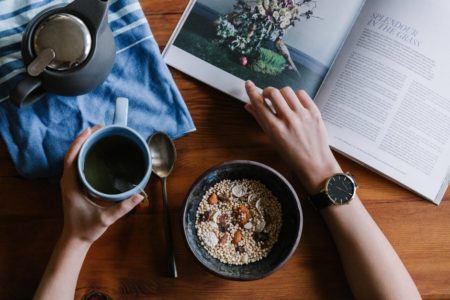Because I often get questions like “What are the benefits of a Vegan Diet?”, I’ll be spending some time posting here more often about different diets, or ways of eating. I believe that no one diet works for everyone because we all have different biochemical make-ups. That said, the more you’re informed, the better you can piece together a way of eating that works best for you. The only way to know what works for your body is to experiment and listen to what it says to you.
Quite simply, a vegan diet eliminates all animal products and by-products – this includes meat, poultry, fish, eggs, dairy, honey, leather, fur, silk and wool. In fact, I would go as far to say that a truly vegan diet is more like a lifestyle as many vegans also avoid foods processed using animal products, like refined sugar and even some wine. Vegans also avoid cosmetics and other products that are tested on animals.
To that end, many vegans cite ethics, health, moral, environmental and religious reasons as motivations for adopting this lifestyle. Factory farming and the use of natural resources for the purpose of animal farming are of particular concern.
Because this diet eliminates so many food groups, vegans are often challenged with achieving well-balanced nutrition and can often lack B12 and other vitamins. In fact, the key to being successful with a vegan diet is proper planning and eating a variety of nutrient-dense foods to reap the many health benefits of a vegan diet: reduced risk of heart disease and cancer, the prevention of osteoporosis, diabetes and kidney disease, lower blood pressure, obesity prevention and overall higher energy levels.
The best foods to eat on a vegan diet, include an abundance of vegetables, especially leafy greens, fruit, whole grains, nuts, seeds, healthy fats and legumes. One approach to transition to this way of eating can be to start slow by eliminating one or two animal products and replacing them with healthier alternatives rather than going “cold turkey” (no pun intended).
Eat often and include enough calories from healthy fats to prevent rapid weight loss which can be common with this way of eating. One caveat with this diet is that some people experience weight gain typically from poor planning and the failure to include plenty of whole foods while relying on packaged and processed vegan alternatives. With the influx of healthy vegan alternatives at restaurants, many vegans find it relatively easy to dine out, especially in bigger cities.




Leave a Reply